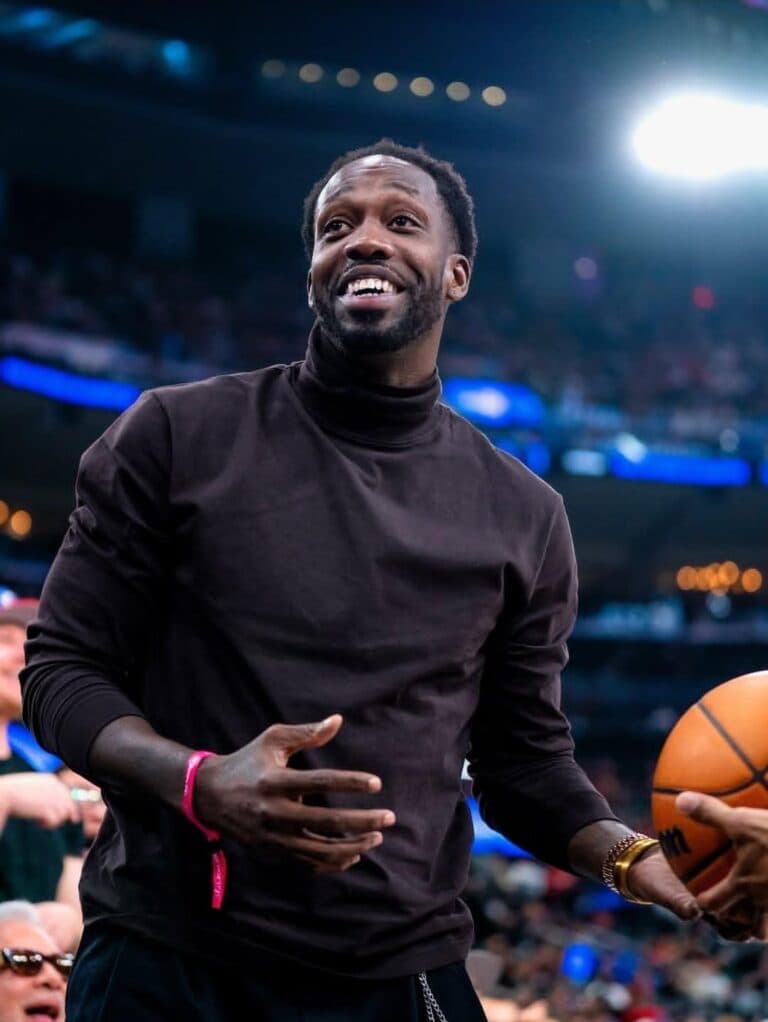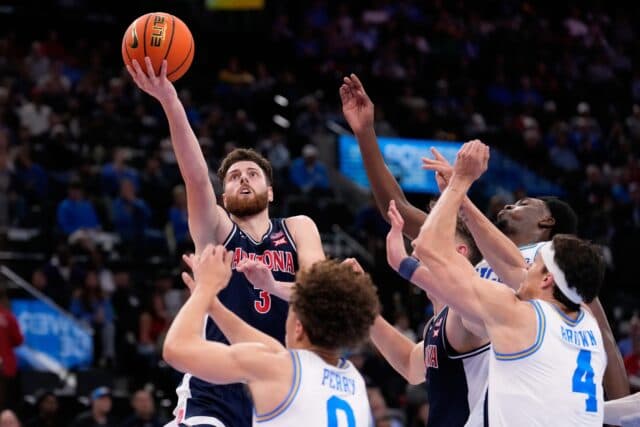Patrick Beverley Arrested in Texas, Faces Felony Assault Charge
Former NBA guard Patrick Beverley was arrested in Texas on a felony assault charge, according to the Associated Press. The arrest shifts attention from a career defined by on court toughness to questions about athlete accountability, legal consequences, and the wider cultural role of high profile sports figures.
Listen to Article
Click play to generate audio

Patrick Beverley was taken into custody in Texas on a felony assault charge, the Associated Press reported, an arrest that moves a well known basketball figure from sports headlines into the realm of criminal justice. Beverley built his reputation in the National Basketball Association as a gritty, defense first guard whose intensity polarized fans and opponents. The new legal development raises immediate questions about how leagues, sponsors and the public will respond to off court allegations involving a prominent athlete.
Felony assault charges carry significant legal exposure and will likely set in motion an emergency of procedural stages including booking, potential bail considerations and a court process that could extend for months. For Beverley, whose persona was often intertwined with confrontational play, the arrest underscores the delicate line between competitive ferocity celebrated in sport and conduct that courts and employers deem unacceptable. In the short term teams and partners face a reputational calculus. Corporations and leagues often move quickly to distance themselves from wrongdoing, and legal teams will be pressed to manage both defense strategy and public statements.
This incident also fits into a broader pattern in which the private behavior of athletes increasingly has public and commercial consequences. Professional sports leagues, including the NBA, have developed conduct policies that allow them to investigate and discipline players for off court incidents. Teams must balance contractual obligations, public pressure and the risk of alienating fan bases that can be fiercely loyal yet unforgiving when allegations surface. For sponsors, the calculus is financial and ethical, as brands weigh consumer sentiment and the potential for reputational damage. The marketplace for endorsements remains sensitive to controversies that could erode a figure's marketability overnight.
Culturally, Beverley’s arrest will prompt conversations about the responsibilities of public figures who serve as role models for young athletes. The celebration of aggressive play in competitive sports can blur into tolerance for aggressive behavior off the court. How institutions respond to such incidents matters for community norms. Supporters and critics alike will look to the courts for clarity, but they will also watch how the sports industry enforces standards and offers avenues for accountability and rehabilitation.
There are also broader social implications tied to how celebrity defendants are treated within the criminal justice system. High profile cases test public confidence in equal treatment before the law, and they often surface debates over race, privilege and media framing. The coverage and outcomes of Beverley’s case may influence public opinion about how sports figures are disciplined and how much leeway fans and organizations grant athletes who have contributed to their teams.
As the legal process unfolds, stakeholders from the league to fans will reassess the balance between competitive identity and personal conduct. The case will be watched not only for its legal outcome but for what it reveals about the evolving relationship between sports culture, corporate responsibility and social expectations of those who occupy the public spotlight.

